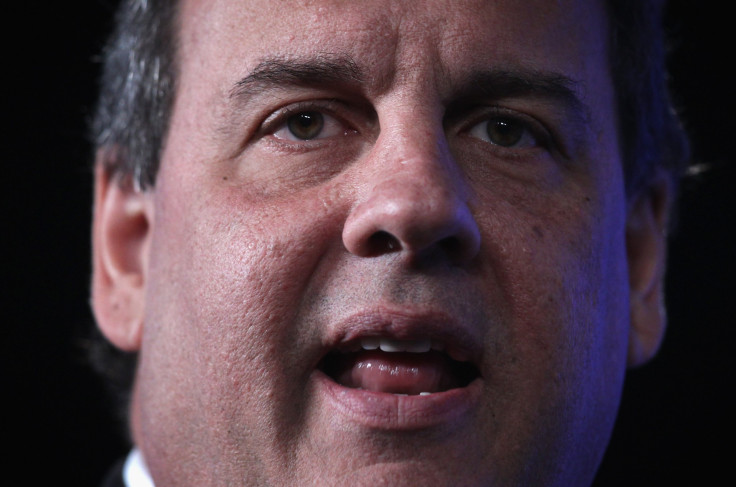Election 2016: Did Chris Christie Miss His Window In 2012?

WASHINGTON -- Four years ago, at the personal invitation of Nancy Reagan, Chris Christie took the stage at the Ronald Reagan Presidential Library to deliver a speech about his vision for America. His performance set off a clamor among Republicans unhappy with the party’s 2012 hopefuls for Christie to make a run for the White House.
Then the first-term governor of New Jersey, Christie was a rising star in the Republican Party. He had defeated an incumbent Democrat in a solidly blue state. He was offering his brand-making blunt talk about the country’s problems. And, especially when compared with the weak field of presidential candidates, Christie looked like a rock star.
He was one of the biggest fundraising draws in the nation. As he traveled to hold big-money events for fellow Republicans, the donors flocked to him as well. Christie had lined up a big-dollar backer in Home Depot co-founder Ken Langone, who flew a group of supporters to meet with Christie in the governor’s mansion in an attempt to coax him into the race.
But Christie took a pass. It was a calculated decision. At the time, it appeared it would be a hard fight to beat incumbent President Barack Obama: The U.S. economy was improving, and the president’s likability numbers were high. Plus, Christie was just in his first term. And he had created a problem for himself by saying in late 2010, “I don’t feel like I’m ready to be president.” The quote would have been easy to use against him had he decided to run only a year later.
Christie may have missed his moment.
Now Christie enters the presidential campaign not as a shooting star but as a long shot, polling far behind. There is a much larger field of Republicans -- including four sitting U.S. senators, three sitting governors and a powerhouse candidate with the last name Bush.
There is no clamor for Christie like the one he enjoyed in 2012. Instead, he’s fending off the controversy surrounding the so-called Bridgegate scandal and what Republicans saw as a treacherous embrace of Obama in the aftermath of Superstorm Sandy. Instead of being able to tout his recently signed pension reform, Christie is fending off criticism that the law has faced a litany of legal challenges. The state’s economy has remained stagnant. And he’s seen multiple downgrades of the New Jersey credit rating.
Christie may look back at a could-have-been 2012 presidential campaign with longing.
Christie’s best moment might have been the sliver of time between 2012 and 2013, before the Bridgegate scandal broke open. He was running for re-election in New Jersey and enjoyed overwhelming support, even among women and minorities.
“His time clearly was 2013, which, unfortunately for him, was not a presidential-election year,” said Brigid Harrison, a professor of political science and law at Montclair State University. “But at this time, he had record-high post-Hurricane Sandy approval ratings and strong bipartisan support. That said, it is my belief that this bipartisanship continues to cost him support among GOP primary voters. I am not sure that these voters -- especially in Iowa and New Hampshire -- consider Bridgegate as damaging as we do. But as time has marched on, Christie clearly has given his opponents plenty of fodder, including Bridgegate, the implosion of pension and benefit reform, and particularly NJ’s dismal economy.”
But not everybody is convinced the window has closed for Christie.
“He’s got a pretty good chance,” said Benjamin Dworkin, the director of the Rebovich Institute for New Jersey Politics and an adjunct assistant professor of political science at Rider University. “The two biggest things he has going for him are personality and time. In terms of personality, he is by far the most engaging of all these candidates that are running. I think he’ll do better in town halls in the back of a barn in Iowa and speaking with voters in someone’s living room in New Hampshire. And that’s where he does his best political work. And the fact is Iowa and New Hampshire don’t vote for seven months -- which gives him the time to actually to connect with these voters. And I think five months from now, six months from now, we’re going to look at the polling and he’ll be in a very different spot.”
© Copyright IBTimes 2025. All rights reserved.






















